By 1956, the British Empire was crumbling. They had left India almost a decade earlier, removing the main rationale for their control over the Suez Canal, but the growing dependence of Europe on Middle Eastern oil had made Suez more important than ever. But British actions in Egypt had left a lot of bitterness, bitterness that was exploited by Gamal Abdel Nasser, who had risen to power in a coup. Anthony Eden, the British Prime Minister, had become obsessed with Nasser, and when Nasser nationalized the Canal in July, Eden ordered plans drawn up for military action.
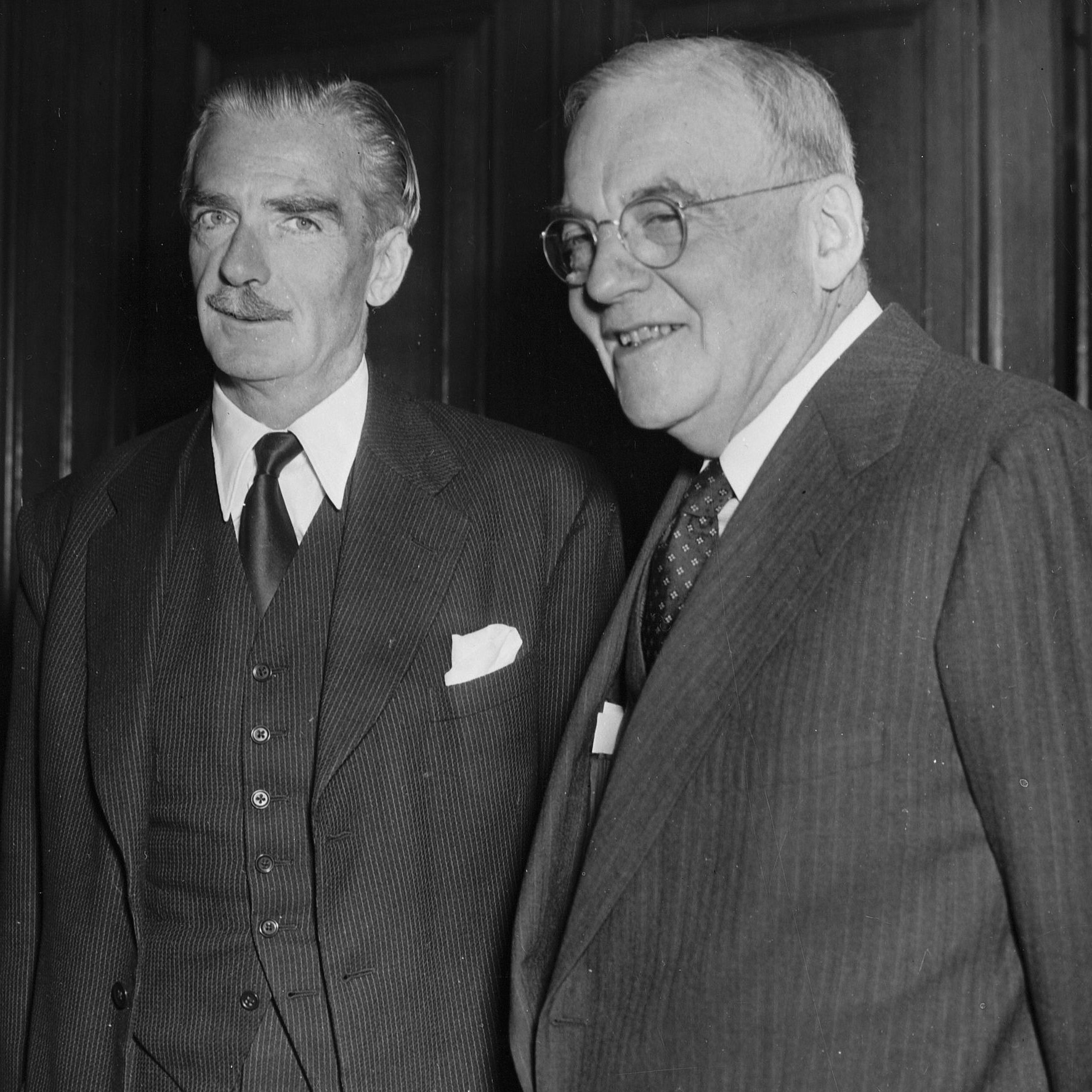
Anthony Eden and John Foster Dulles
The French, whose private investors still held a major stake in the Canal, were quick to sign on, and both nations believed the Egyptians would be unable to safely operate the Canal without the Suez Company's skilled pilots and technical know-how. Unfortunately, the most important member of the western powers, the United States, was not onboard with the plan to invade, and Eisenhower sent Secretary of State John Foster Dulles to try and head off military action. But Eden was determined, stung by charges of "appeasement" from MPs who well remembered the failure of British diplomacy in the years before Hitler invaded Poland.1 Read more...

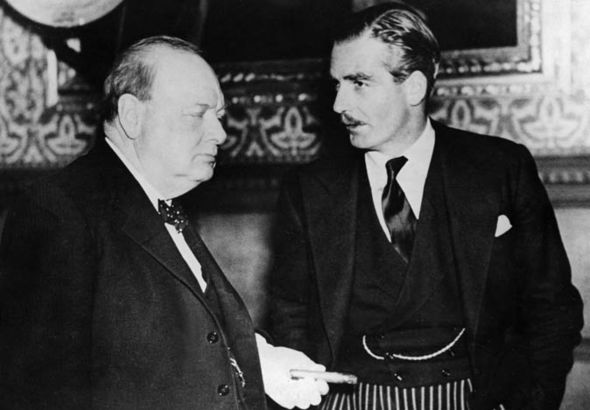
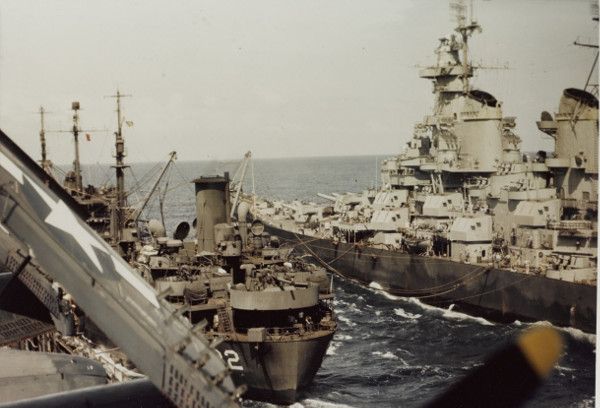
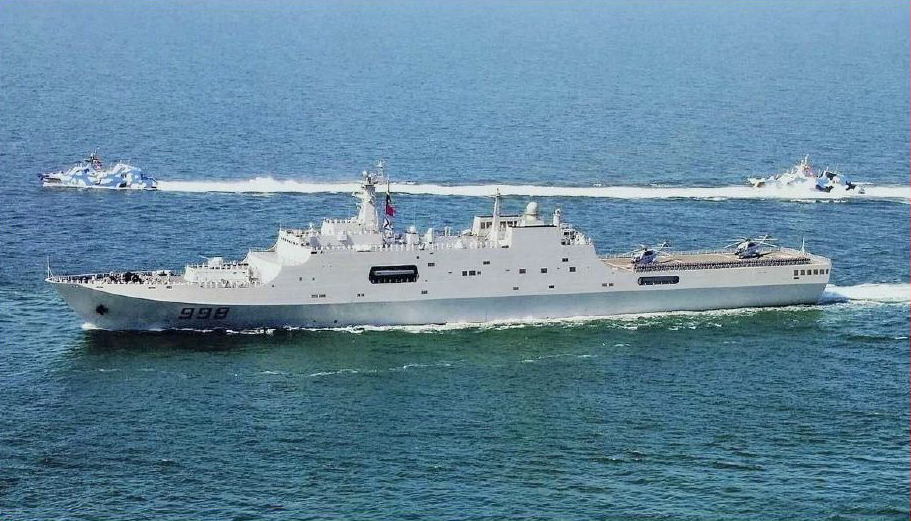
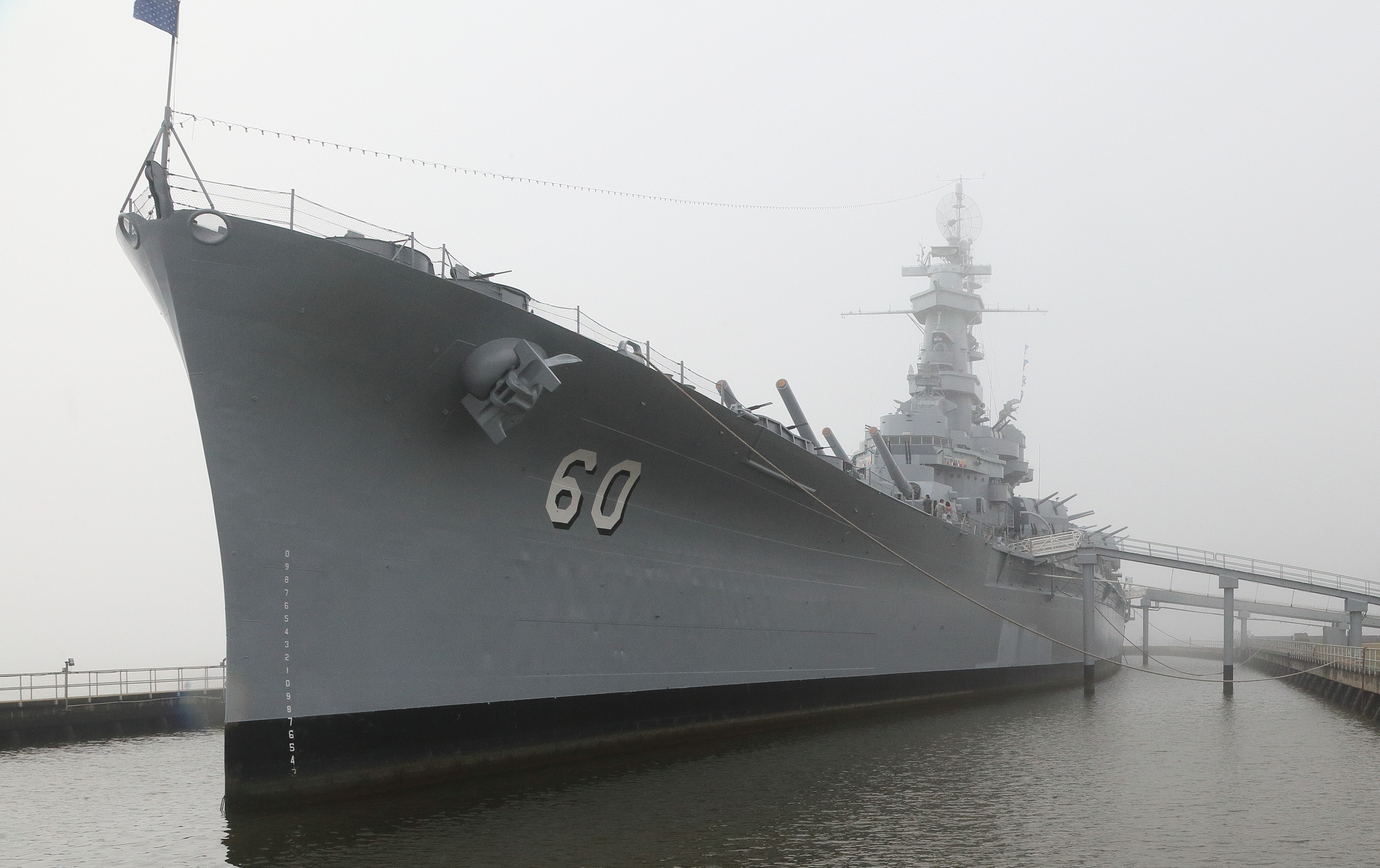


Recent Comments